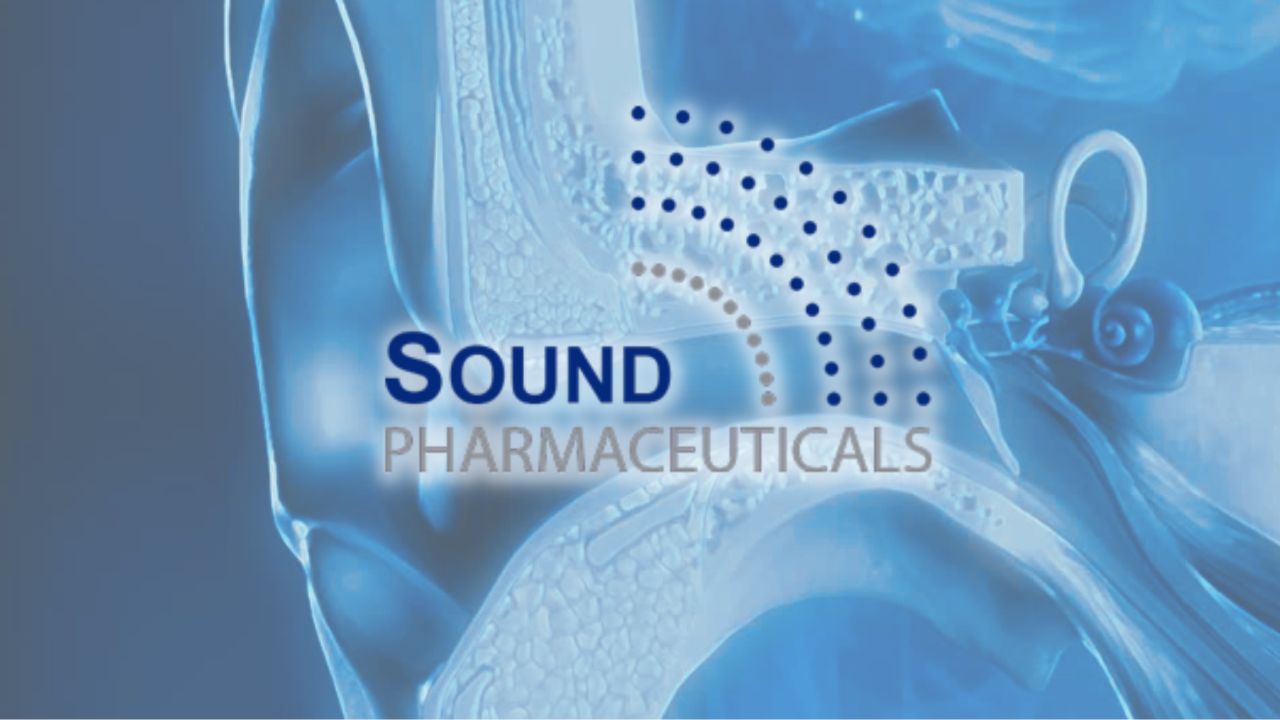SEATTLE, WASHINGTON — Sound Pharmaceuticals, a biopharmaceutical company, has announced the completion of enrollment in its Phase 3 clinical trial involving SPI-1005 for the treatment of Meniere’s Disease. SPI-1005 is a novel anti-inflammatory drug that has demonstrated improvements in hearing loss and tinnitus in Meniere’s Disease patients in two previous randomized double-blind placebo-controlled trials.
The STOPMD-3 trial screened over 250 patients at 12 sites across the United States, and over 220 eligible patients were randomized to either SPI-1005 or matching placebo treatment in nine months. Enrollment was completed six months ahead of schedule due to higher-than-anticipated demand for the trial.
SPI-1005 to Treat Meniere’s Disease
While the STOPMD-3 trial is no longer recruiting new patients, randomized patients will be followed for three months, after which they may be invited to participate in an open-label extension (OLE) safety study of SPI-1005 treatment for up to 12 months. During the OLE, auditory and vestibular function will be reassessed every three months. Currently, there are no FDA-approved therapies for the treatment of sensorineural hearing loss, tinnitus, vertigo, or dizziness, which together comprise definite and probable Meniere’s Disease.
Dr. Paul Lambert, Distinguished Professor and Former Chairman in the Dept. of Otolaryngology-HNS at MUSC in Charleston, SC, leads the STOPMD-3 trial. Dr. Lambert, Dr. Shaun Nguyen, and their colleagues from MUSC also led the successful Phase 2b RCT involving SPI-1005 and Meniere’s Disease patients.
“It’s both encouraging and humbling to see the demand for this third SPI-1005 study involving Meniere’s disease patients”
–Jonathan Kil, MD, Co-Founder and CEO
According to the company, SPI-1005 is the only investigational new drug being tested in an active Phase 2 or 3 RCT aimed at improving hearing loss, tinnitus, and/or dizziness.
Meniere’s Disease
MD is diagnosed by brief periods of episodic vertigo or dizziness, fluctuating low frequency hearing loss, and intermittent or constant tinnitus, and is thought to be due to a swelling of the inner ear. Patients are typically diagnosed between 40-65 years of age, and the auditory symptoms of hearing loss and tinnitus often involve only one ear. Some patients experience aural fullness or pressure that can also contribute to dizziness. As patients age, the hearing loss and tinnitus become worse resulting in severe to profound hearing loss or intractable tinnitus. For the definitive diagnosis of MD, the American Academy of Otolaryngology-Head & Neck Surgery guidance requires audiometric documentation of ≥30 dB of low frequency hearing loss in at least one ear using PTA. Loss of speech discrimination, especially in noisy environments or when tinnitus is present, is common in MD and other forms of sensorineural hearing loss. MD is currently managed with low salt diets, thiazide diuretics, and oral or locally injected steroids. Unfortunately, this standard of care has not been proven to be effective and is not FDA-approved for the treatment of definite or probable MD.
About SPI-1005
SPI-1005 is an investigational new drug that contains ebselen, a new chemical entity. Ebselen is a selenorganic compound that mimics and induces glutathione peroxidase (GPx) activity, and is effective in reducing neuroinflammation across the central and peripheral nervous system. GPx activity is critical to several cell types and tissues in the inner ear, retina, prefrontal cortex of brain, lung, and kidney, and is often reduced during exposures to environmental insults or aging. Loss of GPx activity has been shown to result in sensorineural hearing loss in multiple animal models. SPI-1005 is being developed for several neurotologic indications including noise-induced hearing loss and two types of ototoxicity (hearing loss, tinnitus, dizziness, or vertigo) caused by aminoglycoside antibiotics (such as tobramycin or amikacin) or platinum-based chemotherapy (such as cisplatin or carboplatin). To date, no significant drug-drug interactions have been observed across multiple study populations including bipolar mania and treatment resistant depression.
About Sound Pharmaceuticals
A privately held biotechnology company is testing SPI-1005 under four other active Investigational New Drug Applications involving several neurotologic indications including aminoglycoside-induced ototoxicity co-funded by the CF Foundation and COVID-19 inpatients co-funded by the NIH. The leadership team consists of Jonathan Kil, MD, Co-Founder and CEO, Jacqueline Nguyen, MBA, VP Clinical Operations, John Sullivan, MBA, CFO, and G. Michael Wall, PhD, VP Pharmaceutical Development. Details of the SPI-1005 clinical trials can be viewed online at www.clinicaltrials.gov or by visiting www.soundpharma.com.
Source: Sound Pharmaceuticals






